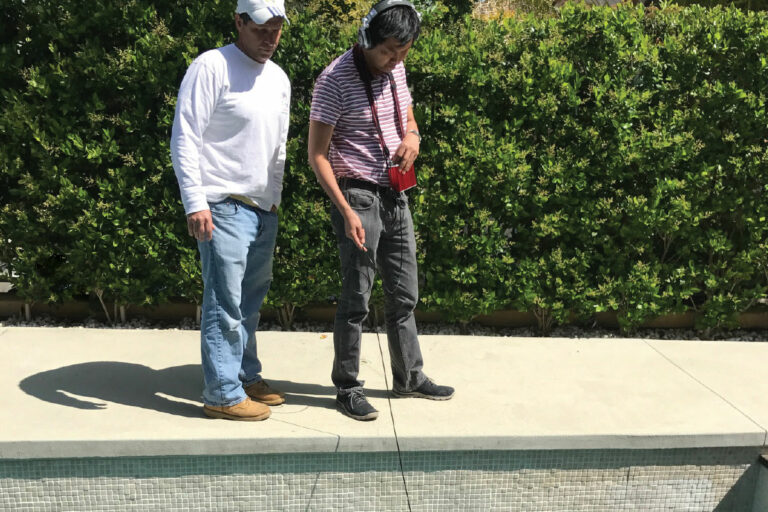Training Days
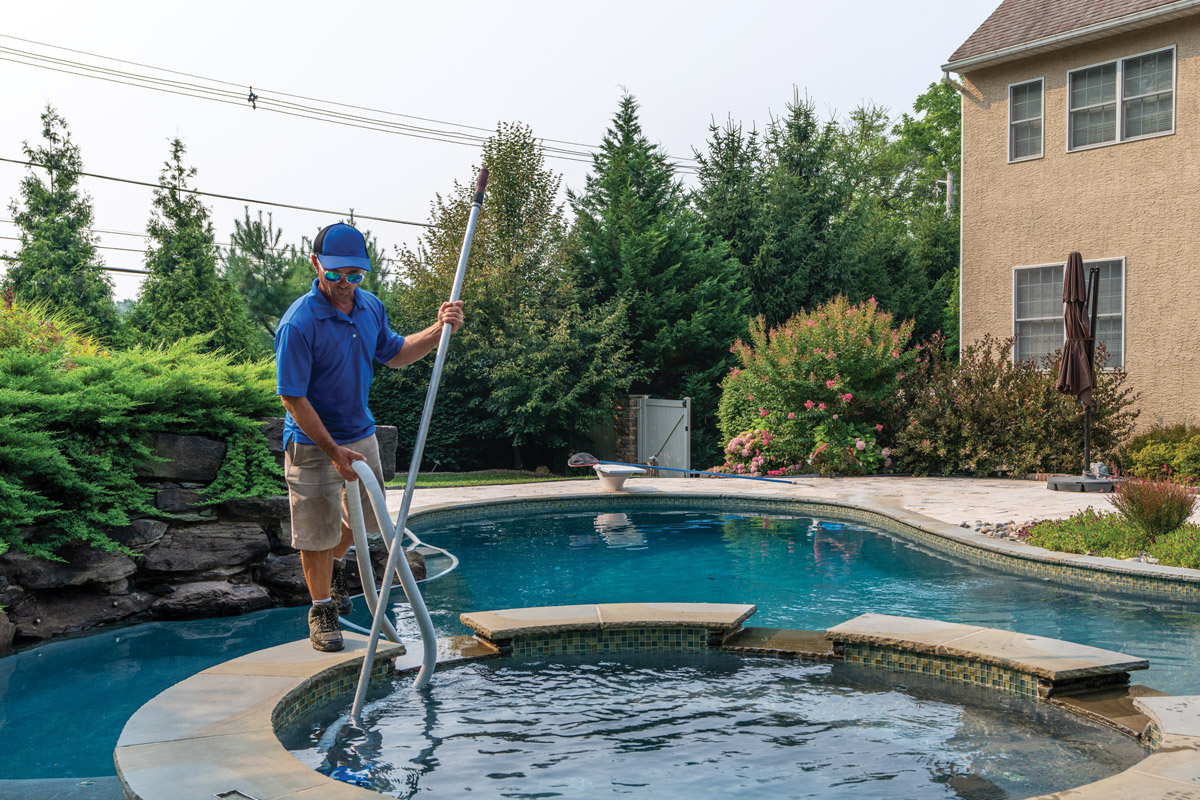
Two new apprenticeship programs look to elevate the pool industry to the next level.
In 2021, both the Pool & Hot Tub Alliance (PHTA) and the Pool & Spa Apprenticeship and Training Committee (PSATC) announced the founding of apprenticeship programs for workers in the industry. The goal of each program is to enhance the work development experience in the pool service industry while training employees to be professional and well qualified to do their jobs.
These programs also offer employees a chance to look at pool service and repair as a feasible long-term career and see how they can invest in themselves along the way.
As one of the first employers to jump onboard PSATC’s program, Rich Gallo, founder and CEO of Pure Swim in Los Angeles County, believes the opportunity could remedy the lack of younger people joining the industry.
“Most young men and women don’t realize this is a viable career path because, until now, there hasn’t been anything out there [to help them advance],” he says. “As for the future, this takes our infancy industry to the next level like most home service providers such as plumbers, electricians and HVAC professionals. All have had apprenticeship programs for decades.”
Gallo felt compelled to participate in a program that is the “first of its kind to offer an organized format of education that leads to a career path.” Plus, he says, it frees up his time to focus on running his business instead of creating new training programs.
“As a business owner, I need the best employees, and this program structures training in a more efficient way than I, as a busy owner, can offer,” he says.
While PSATC’s program rolled out first, both programs focus on attracting and retaining talent in the pool industry with the hopes that apprentices will feel encouraged to begin a long-term career. The vision is to have industry employers realize the value of investing in their employees with expert experience.
“The demand for a program that has a hands-on approach with the apprentices and direct involvement of its staff and directors is growing exponentially,” says David Hawes, president and committee chairman of PSATC. “We plan on continuing to meet that demand with measured growth and not sacrificing the personal contact that we have been able to provide thus far.”
This can result in not only a better-trained employee but also more loyal, long-term employees. Plus, pool companies may also be eligible for certain tax credits by enrolling employees in an apprenticeship program.
On average, employers get $1.47 back for every $1 invested. Additionally, every $1 invested in apprenticeships leads to a public return of around $28 in benefits, according to FASTPORT, Inc., a software development company that builds digital products to help individuals find employment.
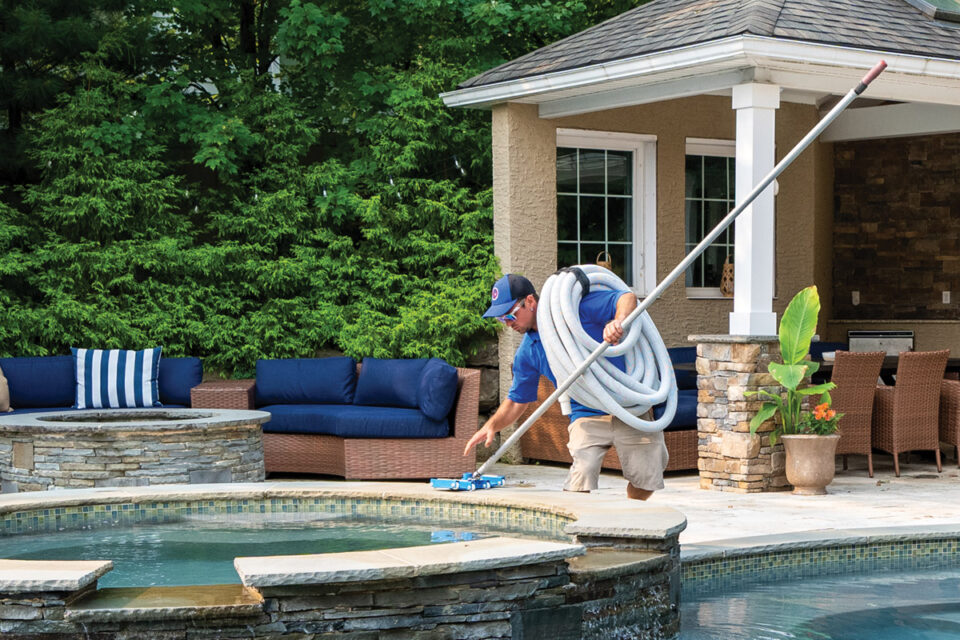
“This industry has a lot of opportunities,” says Seth Ewing, senior director of member programs and services for the Pool & Hot Tub Alliance. “Employers can use the apprenticeship program as a tool. This is what is going to stand out. They can answer the question, ‘Why come work for me?’ Because I invest in my employees.”
Ewing adds: “It’s important to be educated; it’s important to be trained for the betterment of the industry.”
Through PHTA, the Pool Maintenance and Service Technician Apprenticeship Program, pool companies can offer their workers an educational pathway of 2,000 hours of on-the-job training, which also includes an additional 144 hours of online classroom-style instruction. Within the program, apprentices learn a variety of tasks, including how to perform chemical analysis and dispense chemicals to industry and regulatory standards, offer customer service and learn worksite safety practices.
“I am excited to start my apprenticeship program with Tim and Vue Custom Pools,” says Don Gilmore, an apprentice in PHTA and an employee of Vue Custom Pools in North Carolina. Gilmore retired as an Army staff sergeant and is now entering his pool career with an appetite to learn. “Having recently retired from the military, I find this opportunity exciting and I can use some of my former skills while learning new skills in a new career in the pool industry.”
The Pool & Spa Apprenticeship Academy (PSAA) through PSATC also offers the 2,000 hours of hands-on training combined with 144 hours of expert instruction. The program takes a year to complete, allowing apprentices to earn a journeyman credential by the end.
Josh Dumlao, an employee of Hawes at H&H Pool Services, Inc., in Dublin, California, is in his fourth PSAA course. He says Hawes encouraged him to do the program even though Dumlao had been with the company for six years and had plenty of experience.
“It’s stuff I’ve known how to do, but I didn’t know the exact reason why I was doing it, like water chemistry,” Dumlao explains. “So now I have the rest of the knowledge behind what I’m doing. The main part I enjoy is learning the behind-the-scenes, the nitty-gritty of the trade.”
It’s those nitty-gritty details that will help make apprentices stand out and inspire entry into the field.
“Apprenticeship programs are very common in many of the building trades,” Hawes explains. “We have long recognized the need to recruit men and women into the industry with a career path and education that an apprenticeship program provides. Our program will help meet the demand for additional skilled workers, and build the foundation for future leaders and potential owners of pool service companies.”
Since 2011, there’s been a massive spike in the development of apprenticeship programs. In fact, according to the U.S. Department of Labor, the number of new apprentices has grown by 70% — the equivalent of 1.9-plus million new apprentices in various trades.
Both Ewing and Hawes say it was high time the pool industry jumped into the apprenticeship experience; until now, nothing like it existed in the pool world. While the demand for a pool industry apprenticeship was there, Hawes says, it took time, effort and many experienced professionals to come together to make it happen.
As the pioneers for this type of program — and the first to be approved in the state of California and federally — Hawes says for the PSATC process to work well, reputable industry leaders had to develop it.
Hawes says the first hurdle was finding recognized professionals in the pool service community who were willing to put in the time to develop a program that could be approved nationwide. “We reached out to industry leaders with a long history of success operating a pool service company,” he says, “and used their knowledge and experience to draft the documents that were approved. These leaders formed the Pool & Spa Apprenticeship and Training Committee. It was a lot of work, and we had no outline from anyone else to follow.”
Hawes expects the first class of apprentices to graduate at the start of this summer. That’s also when the third round of apprentices will begin the program.
PHTA’s first apprentices began at the start of this year’s pool season.
Lea Frederick, owner of Vue Custom Pools, is thrilled to get her employees going in PHTA’s program.
“As an employer, we are always looking for ways to make our industry more attractive to the workforce,” Frederick says. “The pool industry has so many facets and talents that can be utilized. The apprentice program allows us to take an established training platform and offer it to those individuals who like structure as well as the flexibility to learn both on their own time and in the field. I think this program is appealing to all potential employees, especially those without any pool experience. As a business owner, it’s also appealing to know that solid best practices are being taught in a structured format.”
With time — and the successful graduation of apprentices — both Hawes and Ewing believe the programs serve as a long-awaited gift to a historically high-turnover industry.
Much of the education is online, allowing apprentices to complete the training at a pace that works for them. The program is in addition to their jobs, so apprentices can continue to earn a living and the potential for raises. By the end, employees will have a nationally recognized journeyman certification.
“You get trained, you get the hands-on experience and you get the opportunity to get certified, so you have that credential from the Department of Labor,” says Ewing, who helps employers connect with their state’s Department of Veterans Affairs to allow military veterans to enter the PHTA apprenticeship program by using the G.I. Bill.
Ultimately, the goal is for the programs to create a higher standard for the industry and for those seeking a career that pays them for their proficiency and success. Ewing says helping others establish careers in the pool industry is one of his program’s top goals.
“It’s not just a job; it’s a career,” Ewing says. “There’s this perception of throwing chemicals into the pool and it’s a summer job. We want to change that and bring people into the industry who elevate it. We want to see the employers get excited. We want more educated, trained people in the industry.”
Gallo is hopeful his employees will see his partnership with the apprenticeship program as an opportunity to work with a company that cares about them. “I hope that they see the company vision,” Gallo says, “and that I, as the owner, have taken great measures to ensure they are part of that vision for a long time.”
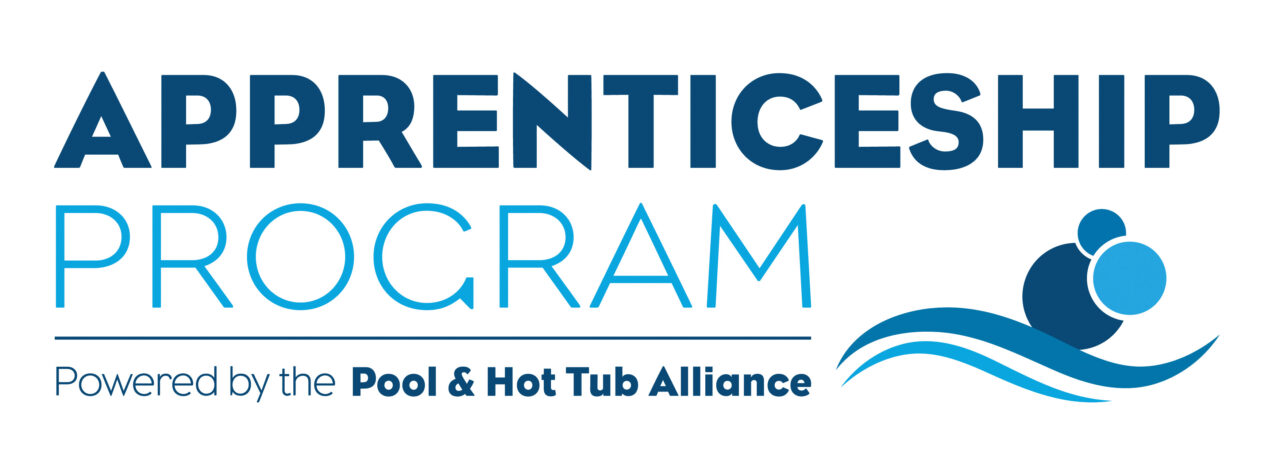
PHTA Pool Maintenance and Service Technician Apprenticeship Program
PHTA’S program provides employers with an educational pathway to lead apprentices through 2,000 hours of on-the-job training, as well as a self-study program with more than 144 additional hours of online classroom-style instruction.
Cost: For non-members, it’s $2,574 per apprentice. Members pay $1,799 per apprentice training
Program length: 12 months
Requirements: Apprentices must be 16 or older with proof of high school diploma, GED or equivalent; eligible to work in the U.S.; pass a drug test; and possess a valid driver’s license
How to enroll: Once employers have identified individuals to work as apprentices, register with PHTA for the program, along with each individual apprentice. Learn more: https://apprenticeship.phta.org/register/
For questions about the Apprenticeship Program employer registration, contact Seth Ewing at sewing@phta.org.
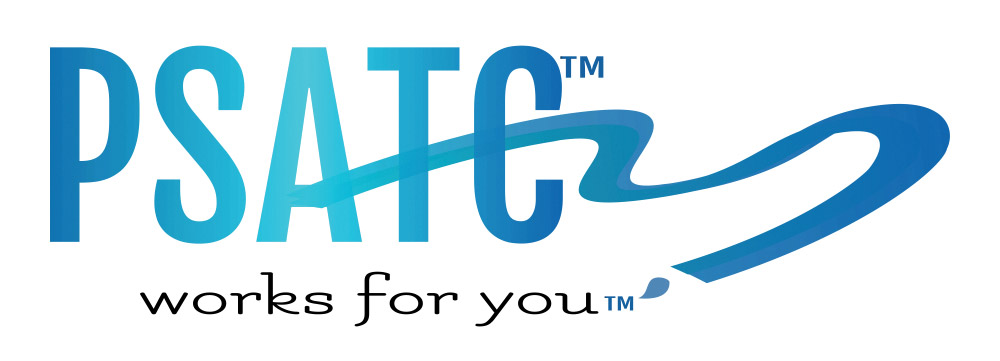
PSATC Pool and Spa Apprenticeship Academy (PSAA)
PSATC offers 2000 hours of on-the-job training, combined with 144 hours of related instruction provided by experts in the field.
Cost: $2,900
Program length: 12 months
Requirements: Employers need to ensure apprentices have the proper equipment to succeed in and out of the class. Most importantly, they need have a smartphone and/or tablet/iPad.
How to enroll: Fill out the online form to enroll new or existing employees. Learn more at poolapprenticeship.com/employer-benefits





